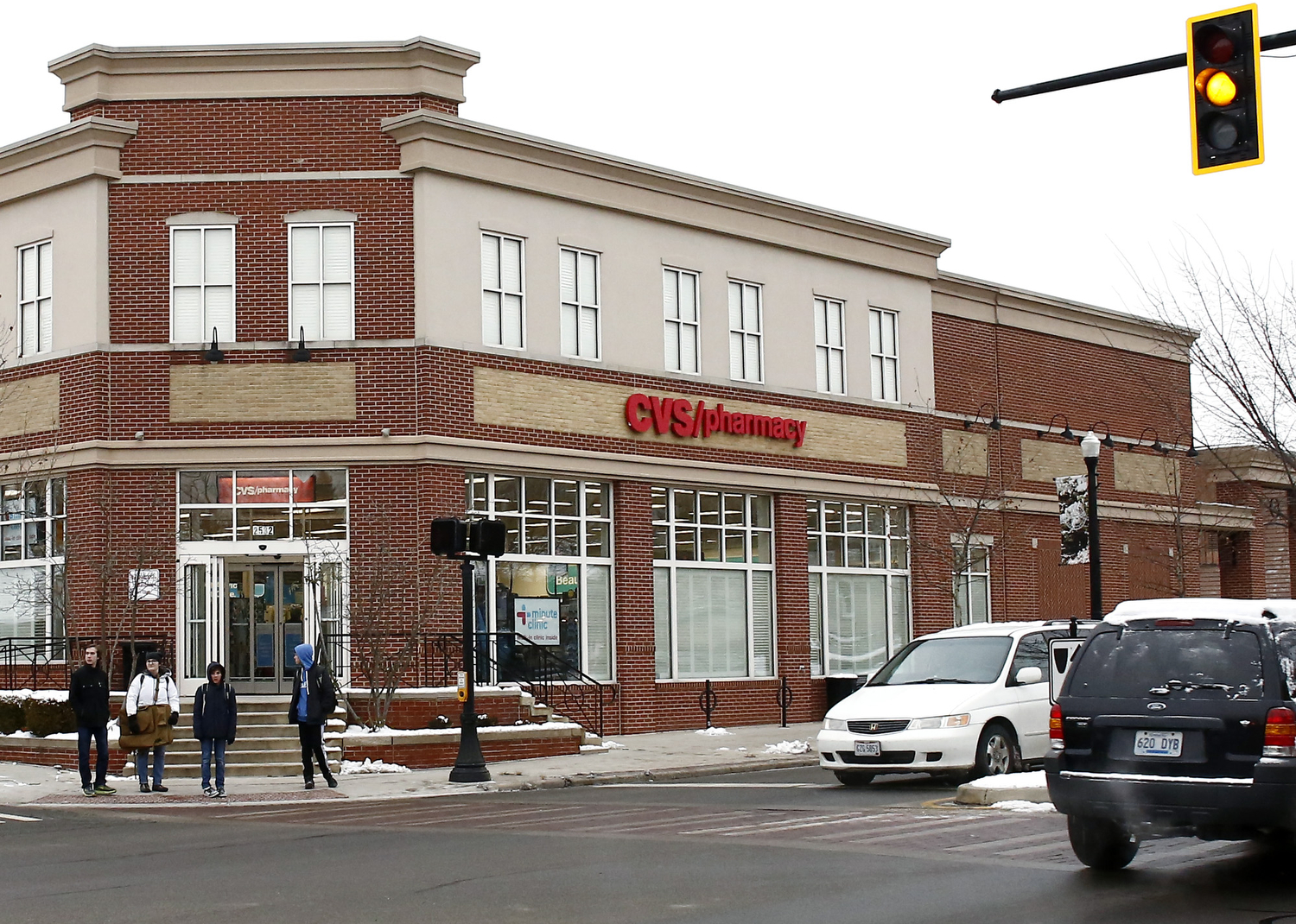Walmart blasts CVS drug middleman role, ends business relationship
Jan. 15, 2019
The nation's largest corporation declared war Tuesday on the seventh largest when Walmart blasted CVS and announced it would stop doing most business with CVS's pharmacy benefit manager.
Walmart said it would end all interaction with CVS Caremark except its Medicare Part D plans. Walmart's Sams Club stores also remain in the CVS Caremark network, CVS said in a statement.
In a statement of its own, Walmart said that CVS Caremark was sapping value from Walmart customers and steering customers to pharmacies of CVS's choosing — presumably CVS's own.
"We are committed to offering our customers accessible and affordable health care, and an important way we do that is to make sure our partners are working with us in good faith to establish fair and equitable terms, so we can pass savings to our customers through everyday low prices," the statement said.
"We are committed to providing value to our customers across our business, including our pharmacy, but we don’t want to give that value to the middle man. This issue underscores the problems that can arise when a PBM can exert their unregulated power to direct members on where to fill their scripts, disrupting patients’ health care. Walmart is standing up to CVS’s behaviors that are putting pressure on pharmacies and disrupting patient care."
The news comes at a difficult time for CVS, which is trying to convince a federal judge that a merger with insurance giant Aetna won't put the company in a position to engage in anti-competitive practices.
Drug Look Up | Use our database to see if you're paying too much for your prescription drugs
As a pharmacy benefit manager, CVS Caremark represents health plans, negotiating rebates with drug manufacturers and reimbursing retail pharmacies for the drugs they dispense. But many have questioned how CVS could fairly control reimbursements to retail pharmacies with whom CVS is in direct competition as the nation's No. 1 pharmacy retailer.
For the past year, The Dispatch has documented Ohio independent pharmacists' complaints that CVS slashed reimbursements below their costs and then sent letters offering to buy their pharmacies. The paper also has reported that CVS Caremark and other PBMs have disrupted care for cancer patients by forcing them out of their clinics' pharmacies to get their expensive cancer drugs from the PBMs' own mail-order outlets. In addition, The Dispatch has reported how the Ohio Department of Health requires people who receive federal assistance to get their HIV drugs from CVS even though CVS in 2017 potentially exposed the HIV-positive status of thousands in a mailing.
"We have said from the start that Ohio’s PBM problem goes well beyond reimbursement struggles for independent pharmacies — this issue is impacting all pharmacies, large and small," said Antonio Ciaccia of the Ohio Pharmacists Association. "With hundreds of pharmacy closures, and most recently, CVS’s cannibalization of Ritzman Pharmacies, it is easy to see that CVS is driving Ohio’s pharmacy marketplace off a cliff ... I think it’s safe to say that Walmart has seen enough and is unwilling to be a part of CVS’s pricing arbitrage that is costing Ohioans millions."
CVS bought 20 Ritzman drug stores in northeast Ohio and is closing 17, and re-opening at least two of the remaining three as CVS stores.
In a corporate statement, CVS downplayed the loss of most of Walmart's business, saying, "less than 5 percent of affected CVS Caremark members use Walmart exclusively to fill their prescriptions." However, that 5 percent represents 4.65 million persons, given that CVS said Caremark covers 93 million people.
CVS also said that Walmart's demands on CVS will hurt Walmart customers.
“At a time when everyone is working hard to find ways to reduce health care costs, Walmart’s requested rates would ultimately result in higher costs for our clients and consumers,” CVS Caremark President Derica Rice said in the statement. “While we have enjoyed a long relationship with Walmart as a low cost provider in our broad national networks, based on our commitment to helping our clients and consumers manage rising pharmacy costs, we simply could not agree to their recent demands for an increase in reimbursement.”
